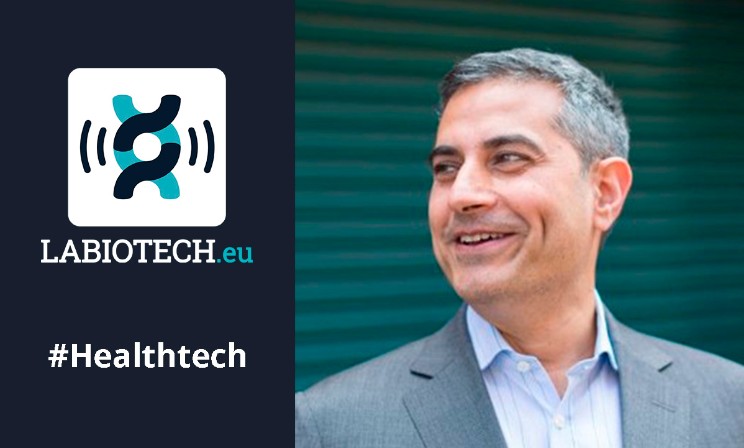Newsletter Signup - Under Article / In Page
"*" indicates required fields
I connected online with digital health, genomics and precision medicine expert Vishal Gulati to talk about how the advent of data-based healthcare will reshape how patients are treated.
A partner at VC firm Draper Esprit, Vishal Gulati focuses his investments on genomics and digital health. Or, as he describes it, on “companies that create value for patients using the data they have.” He is on the board of companies ranging from Horizon Discovery, a gene editing expert; to Ieso, the major provider of online cognitive behavioral therapy (CBT) for the UK’s NHS; and Clue, a period tracking app.
I’ve been hearing a lot about the advent of genomics and precision medicine, but to me it has felt like all those promises haven’t yet really materialized. So I asked Gulati if he, from his privileged contact with the latest developments in the field, agreed with me.
Gulati recognized that things can move relatively slow in precision medicine, which he attributes mostly to regulations that are not adapted to the development of a new type of technology. Still, Gulati is confident that it will be a matter of a few years until precision medicine catches up. “Genomic sequencing is growing exponentially,” he says. “Very soon we will have tens of millions of users around the world with their complete DNA sequenced.”
What seems to be driving it is the growing interest of patients in taking part in managing their own health, which in many cases starts with unlocking their genomic data through whole-genome sequencing.
Which takes us to the ubiquitous concern regarding what happens with data privacy in a world where healthcare requires sharing our most personal information with for-profit companies. Gulati pointed out that major regulators are already addressing it; next year, the General Data Protection Regulation (GDPR) will come into force in the EU, setting a higher standard that companies using patients’ health data have to adhere to. In the US, the FDA is also taking steps to regulate and approve medical software in cooperation with companies like Samsung and Apple.
“Once you are able to build trust with the user, once the user knows you’re not going to misuse the data (…) patients are very keen to share their data if they can see some benefit,” says Gulati.
And this could be the start of a necessary shift towards regulations that are adapted to the nature of future therapies. Gulati compares it to the way Google works, making its products better every time we use it by collecting our data. “The whole philosophy of digital products is that they are continuously improved (…) and regulators will have to find a way to regulate the safety of these products without stopping them from improving.”
There are clearly many challenges to face before patients, doctors and regulators adapt to these new technologies. But there is no doubt they will come. And they will change the way healthcare is provided.
Gulati is especially looking forward to the benefits this could bring to “underserved” areas such as women’s health, especially in countries without access to sex education, as well as mental health. “Only about 15 to 20% of people who would benefit from CBT get it in Europe and the US. We would never accept something like that happening in cancer or heart disease,” he says. “I feel digital health might have some role to play in trying to level that gap.”
Hear it all directly from Vishal Gulati (and myself) in our online hangout.






